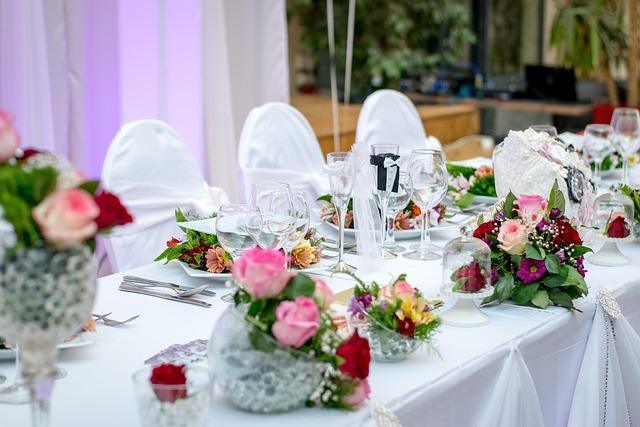Planning any event—whether it's a high-profile conference, a dream wedding, or a lively birthday celebration—can quickly feel like a massive undertaking. But with the right approach, you can transform stress into success. Here’s our Top 10 Ultimate Guide to Event Planning—a comprehensive checklist that will help you plan, organize, and execute a memorable event with confidence and ease.
1. Define Your Event Goals
Every great event starts with a clear purpose. Ask yourself: What’s the objective? Whether it's networking, celebrating, educating, or fundraising, knowing your goals will guide all your decisions— from theme to budget to venue.
2. Set a Realistic Budget
Your budget determines everything. Outline expected costs for venue, catering, entertainment, marketing, staff, and other essentials. Always set aside 10–15% as a contingency fund for unexpected expenses. A well-planned budget ensures you stay on track and avoid financial stress.
3. Choose the Right Venue
Location matters. Consider your event’s size, vibe, and logistics. Is it indoors or outdoors? Accessible for attendees? Does it match your theme? Book your venue well in advance to avoid last-minute disappointments—especially during peak seasons.
4. Build a Rock-Solid Timeline
A timeline is your event’s backbone. Map out deadlines for bookings, invitations, promotions, and other key milestones. Use project management tools or event planning software to track tasks and delegate responsibilities efficiently.
5. Curate a Memorable Theme
A unique theme adds flavor and cohesion to your event. Whether it’s a classy black-tie affair, a vibrant tropical bash, or a sleek modern conference, a strong theme ties together décor, attire, food, and entertainment—making your event unforgettable.
6. Select Vendors Carefully
Your vendors can make or break your event. From caterers and DJs to florists and photographers, always do your research. Read reviews, compare prices, and request portfolios or samples. A trial run or tasting session is a smart move before sealing the deal.
7. Plan the Perfect Guest Experience
Keep your audience in mind at every step. Think about their needs—seating, parking, food preferences, entertainment, and accessibility. Personalized touches like welcome kits, interactive activities, and thoughtful giveaways can leave a lasting impression.
8. Promote Like a Pro
Marketing is key—especially for public or ticketed events. Use a mix of strategies: social media, email campaigns, event websites, influencers, or even traditional methods like flyers. Begin your promotions early and create buzz with behind-the-scenes glimpses, countdowns, and engaging previews.
9. Prepare for the Unexpected
No matter how well you plan, surprises happen. Have a backup plan for everything—from weather contingencies to tech malfunctions. Create an emergency contact list, and hold a pre-event briefing with your team so everyone knows what to do in case of hiccups.
10. Follow Up & Get Feedback
Once the confetti settles, your job isn’t done. Send thank-you notes to attendees, vendors, and sponsors. Share event highlights through photos or videos. Most importantly, gather feedback through surveys or social media polls to learn what worked—and what can be improved next time.

